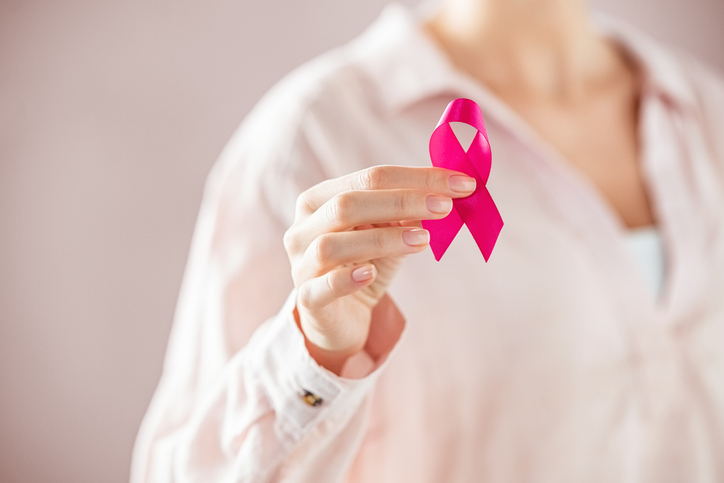Figuring out when to schedule your next breast cancer screening can feel overwhelming, especially with different recommendations depending on age, family history, and other risk factors. Regular screenings play a crucial role in detecting breast cancer early, when treatment is most effective and outcomes are generally better.
Staying informed about current guidelines empowers you to take charge of your health, make timely decisions, and discuss the best screening plan with your healthcare provider. By understanding what’s recommended and why, you can approach breast cancer prevention with confidence and clarity, ensuring that you’re taking every possible step to protect yourself.
Why Breast Cancer Screening Matters
Early detection of breast cancer dramatically improves outcomes. Screening tests are designed to catch the disease before symptoms appear, giving you more options for treatment and increasing survival rates.
Benefits of regular screenings include:
- Early detection: Finding cancer in its earliest stages when it’s most treatable.
- Reduced mortality risk: Early treatment reduces the chance of advanced disease.
- Peace of mind: Regular checks provide reassurance and help you track changes in your breast health.
Recommended Screening Guidelines
Breast cancer screening guidelines can vary slightly between organizations, but here are general recommendations:
Women at Average Risk
- Ages 40–49: Talk with your doctor about when to start screening; options may include mammograms every 1–2 years.
- Ages 50–74: Routine mammograms every 1–2 years are recommended.
- Ages 75 and older: Screening decisions should be based on overall health, life expectancy, and personal preferences.
Women at Higher Risk
You may be considered higher risk if you have:
- A strong family history of breast or ovarian cancer
- Known genetic mutations like BRCA1 or BRCA2
- A history of chest radiation at a young age
- Certain personal medical histories, including atypical breast lesions
High-risk individuals may require:
- Earlier screenings, sometimes starting in their 30s
- Annual mammograms or MRI screenings
- More frequent follow-ups with a healthcare provider
Types of Breast Cancer Screening Tests
Different screening tests are available, and your doctor may recommend a combination based on your risk factors.
- Mammogram: The most common screening tool, using low-dose X-rays to detect tumors or abnormal tissue.
- Breast MRI: Often used for higher-risk patients to provide detailed images.
- Ultrasound: Useful for examining dense breast tissue or areas of concern detected on a mammogram.
Understanding the pros and cons of each test can help you feel more informed and confident in your screening plan.
Signs and Symptoms That Require Immediate Attention
Even with regular screenings, it’s important to be aware of changes that may indicate a problem. Contact your healthcare provider if you notice:
- A lump or thickening in the breast or underarm
- Nipple discharge, especially if bloody or unusual
- Skin changes, such as dimpling, redness, or scaling
- Swelling or pain that persists in one area
Early evaluation of these symptoms can lead to faster diagnosis and treatment.
Tips for a Smooth Screening Experience
- Schedule in advance: Plan your mammogram for a time when your breasts are least likely to be tender, often a week after your period.
- Bring prior images: If you’ve had mammograms elsewhere, bring the images to ensure accurate comparison.
- Communicate openly: Share your family history and any symptoms with the radiology team.
- Follow up: Always review your results and discuss next steps with your provider.
Breast Cancer Screening Resources in New Jersey and Pennsylvania
Residents of New Jersey and Pennsylvania have access to a wide range of screening options, including:
- Local hospitals and cancer centers offering mammography and MRI services
- Community health programs providing affordable or free screenings for eligible patients
- Support groups and educational resources to help you understand your risk and screening schedule
Take Charge of Your Breast Health
Breast cancer screening is a vital part of maintaining your health and catching potential issues early. Understanding the guidelines, knowing your risk, and staying proactive can make a significant difference in outcomes.
Astera Cancer Care Is Here to Help
At Astera Cancer Care, we provide expert breast cancer screening and personalized guidance to patients across New Jersey and Pennsylvania. Our compassionate team is here to help you navigate your screening options, interpret results, and make informed decisions about your care.
Schedule your breast cancer screening today and take the next step in protecting your health.

